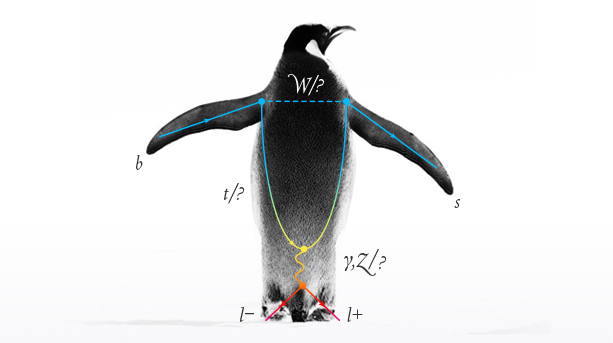Latest Articles
Visions of Future Physics
Nima Arkani-Hamed is championing a campaign to build the world’s largest particle collider, even as he pursues a new vision of the laws of nature.
A Tricky Path to Quantum-Safe Encryption
In the drive to safeguard data from future quantum computers, cryptographers have stumbled upon a thin red line between security and efficiency.
Theories of Everything, Mapped
Explore the deepest mysteries at the frontier of fundamental physics, and the most promising ideas put forth to solve them.
Famous Fluid Equations Are Incomplete
A 115-year effort to bridge the particle and fluid descriptions of nature has led mathematicians to an unexpected answer.
Paradoxical Crystal Baffles Physicists
At super-low temperatures, a crystal called samarium hexaboride behaves in an unexplained, imagination-stretching way.
A New Theory to Explain the Higgs Mass
Three physicists have proposed a new solution to one of the deepest mysteries in particle physics: why the Higgs boson has such a tiny mass.
The Particle That Broke a Cosmic Speed Limit
Physicists are beginning to unravel the mysteries of ultrahigh-energy cosmic rays, particles accelerated by the most powerful forces in the universe.
Concerns of an Artificial Intelligence Pioneer
Computer scientist Stuart Russell wants to ensure that our increasingly intelligent machines remain aligned with human values.
‘Penguin’ Anomaly Hints at Missing Particles
A statistical anomaly in the signal from rare particle decays at the Large Hadron Collider offers hope that new discoveries might be around the corner.









